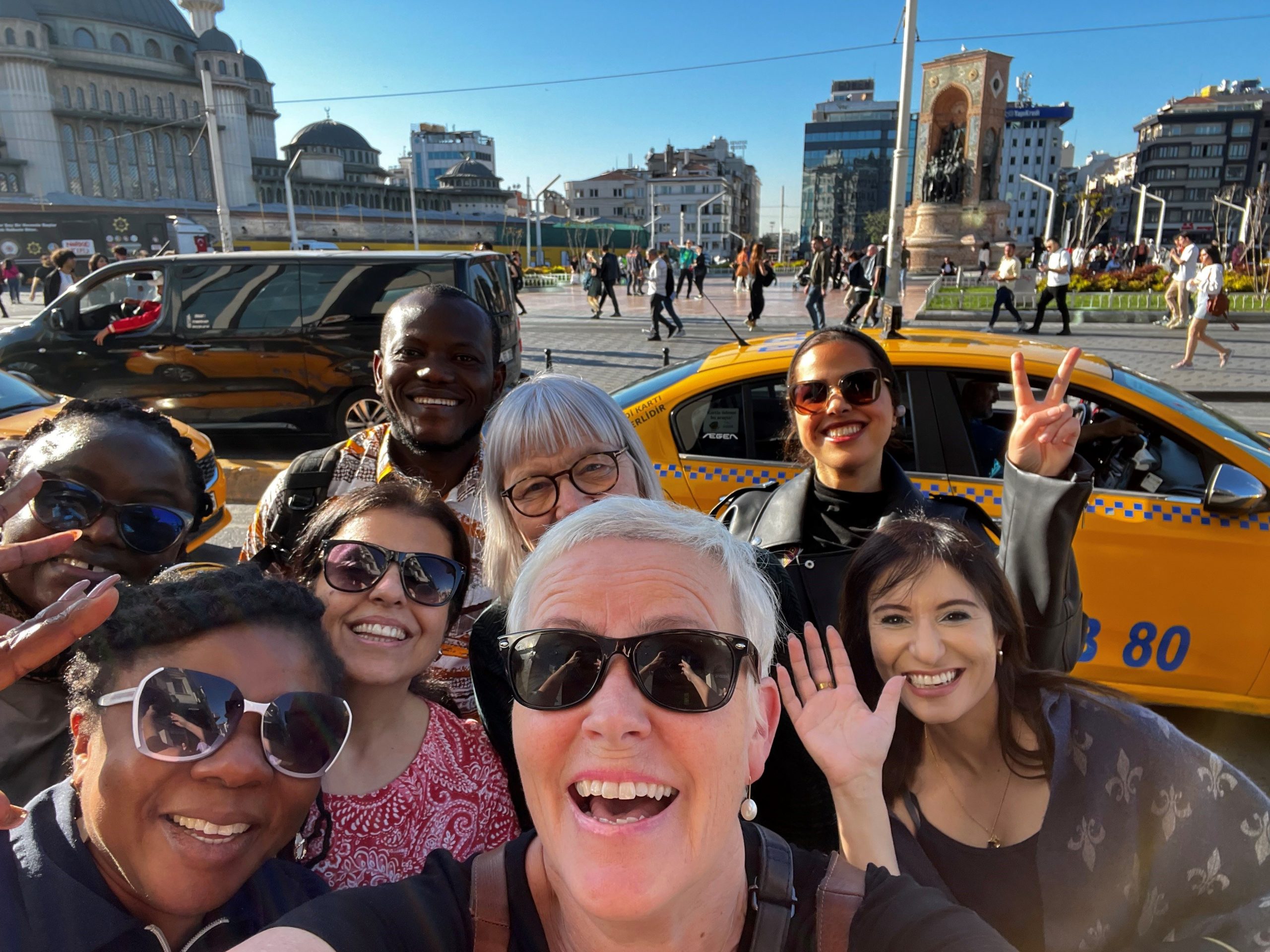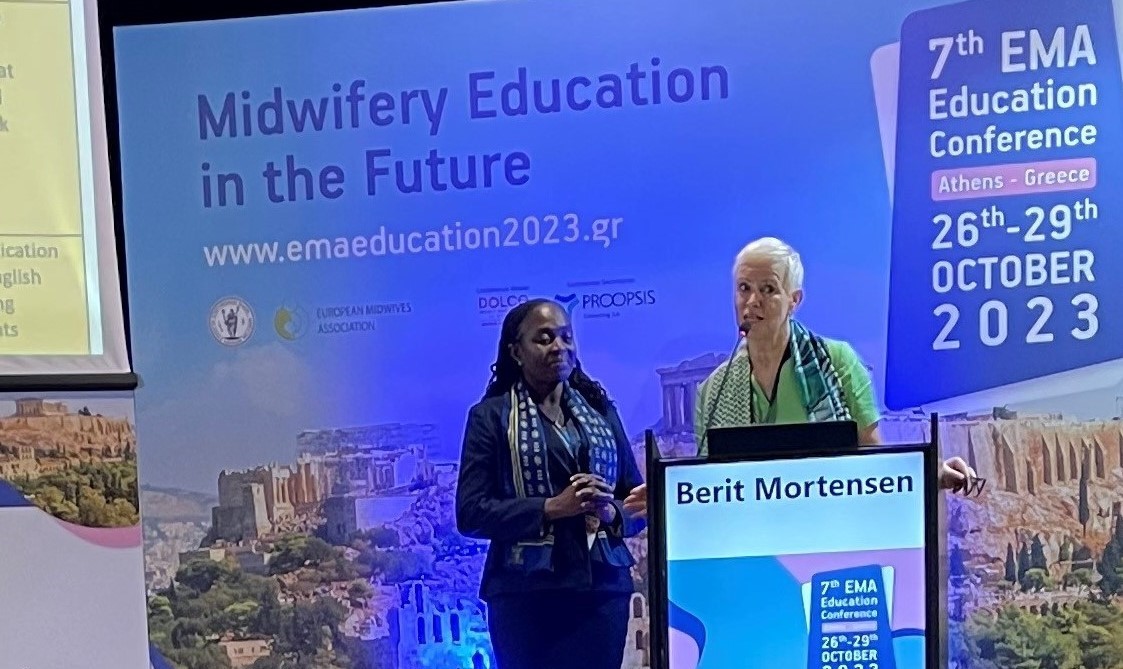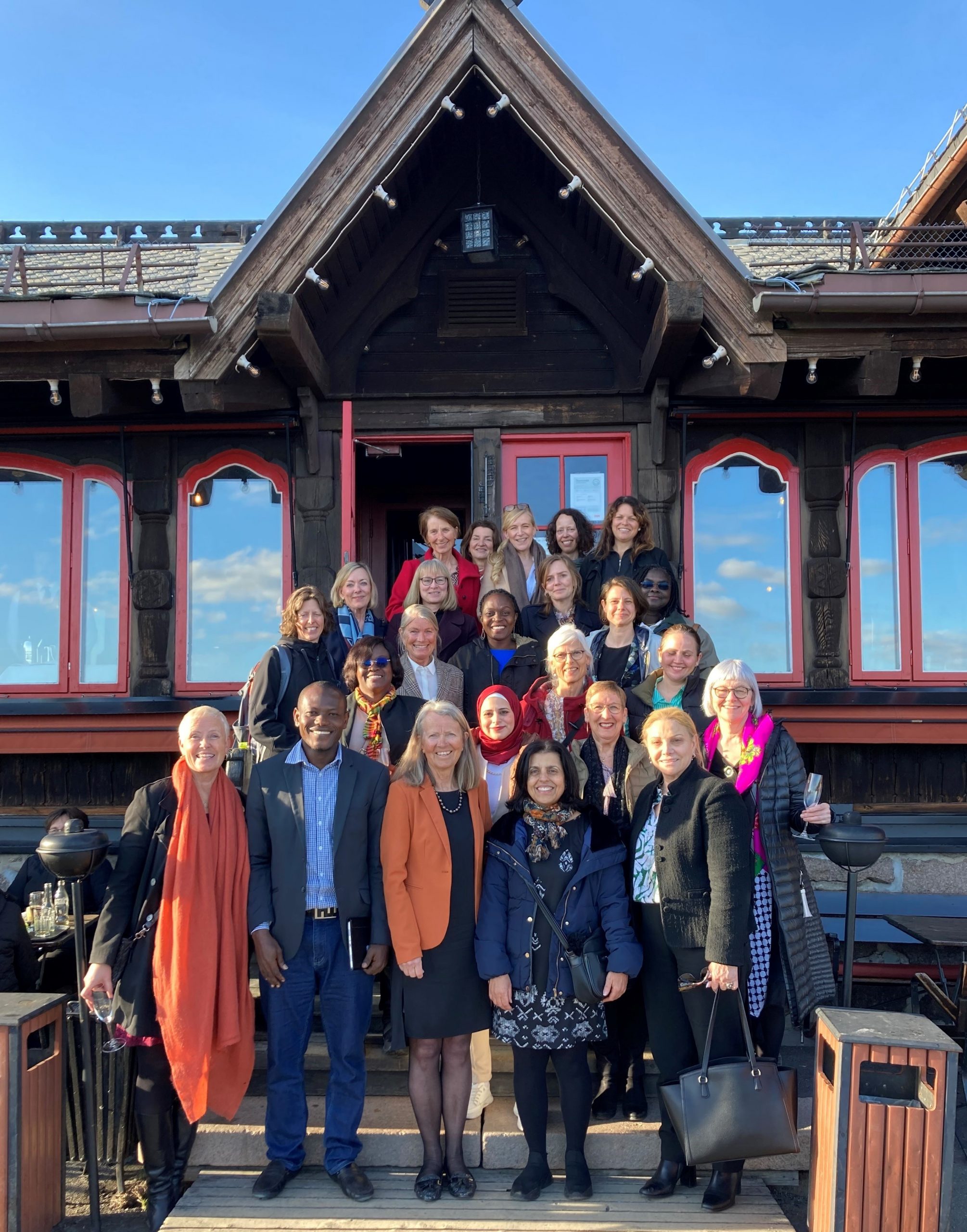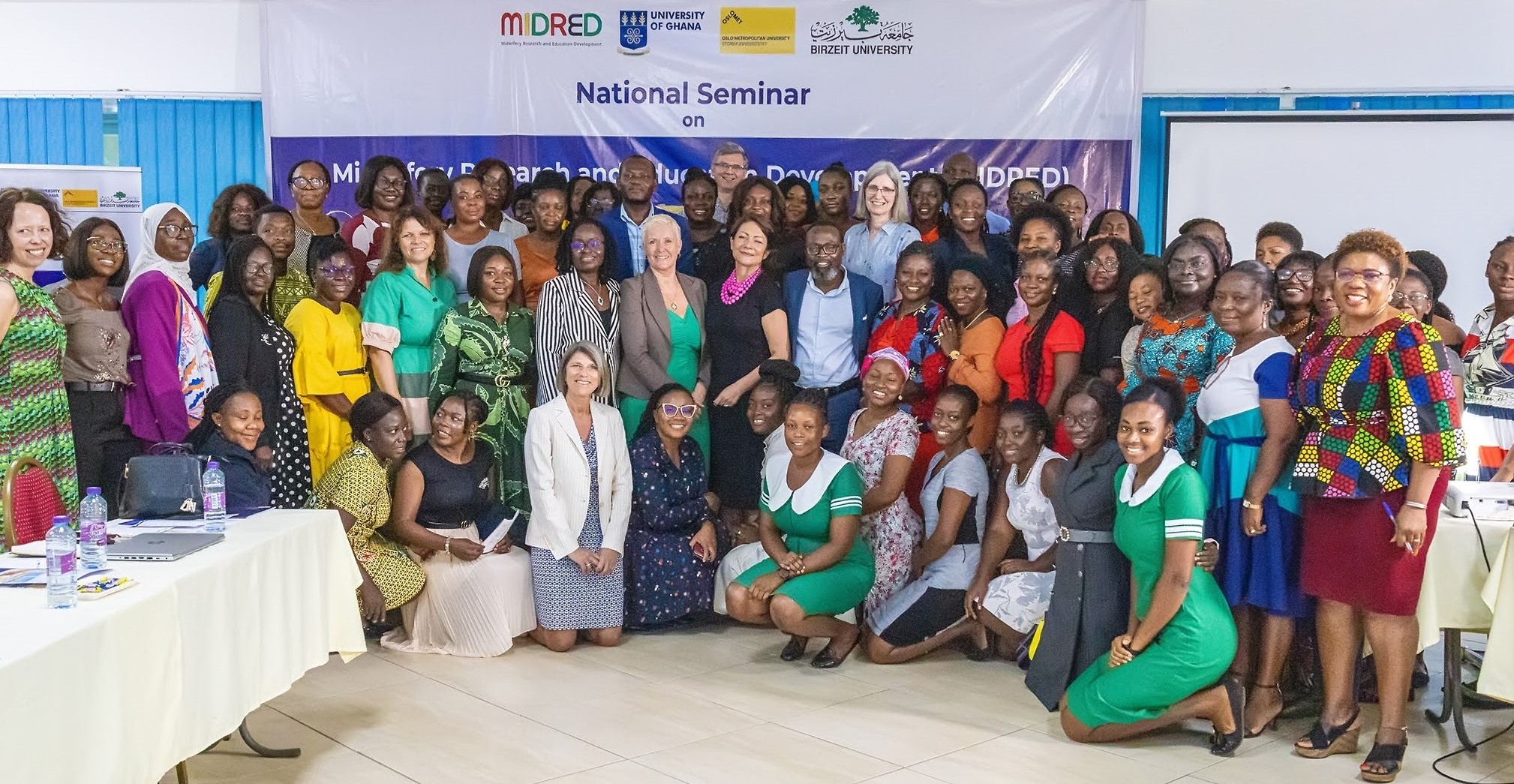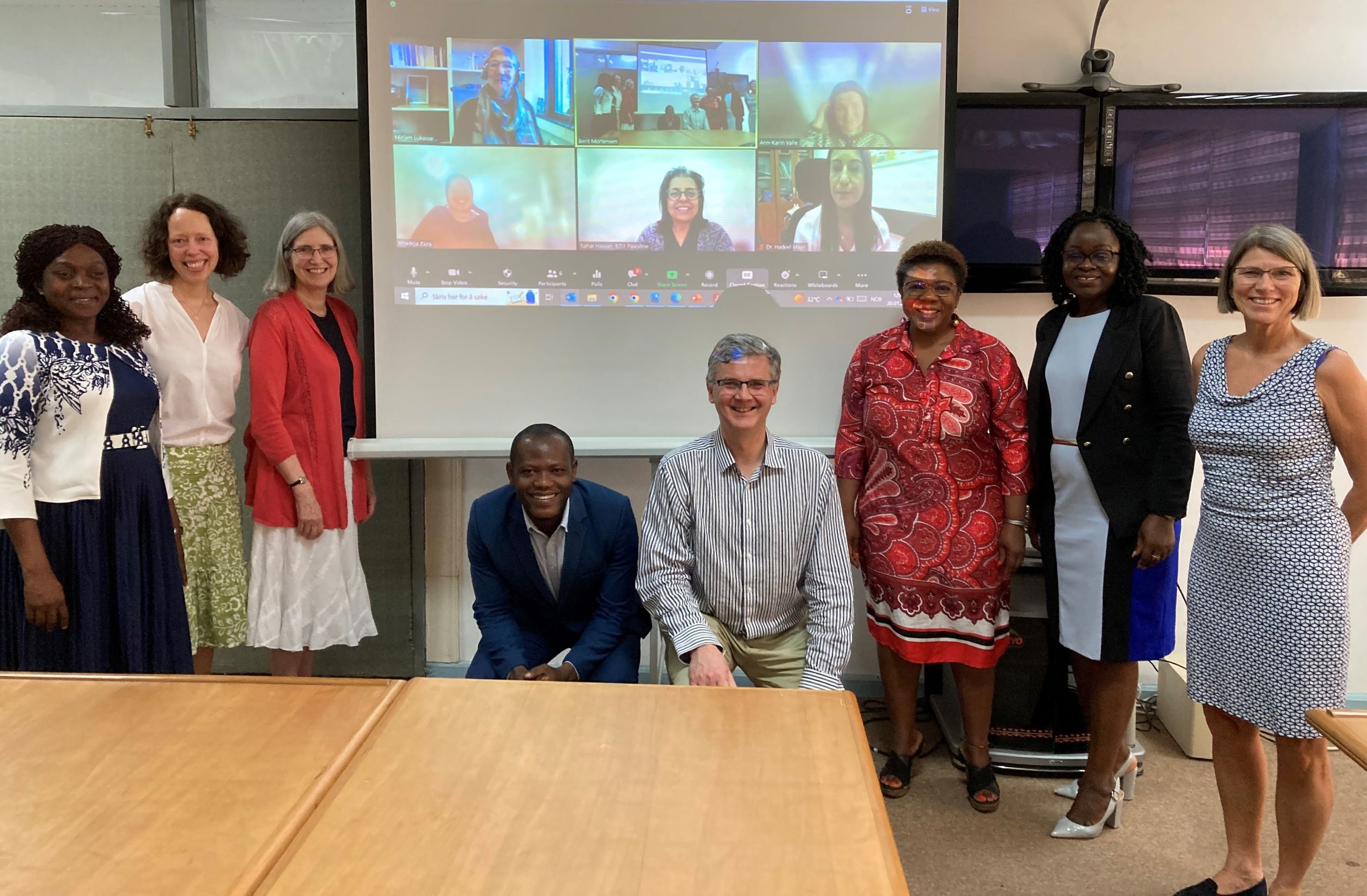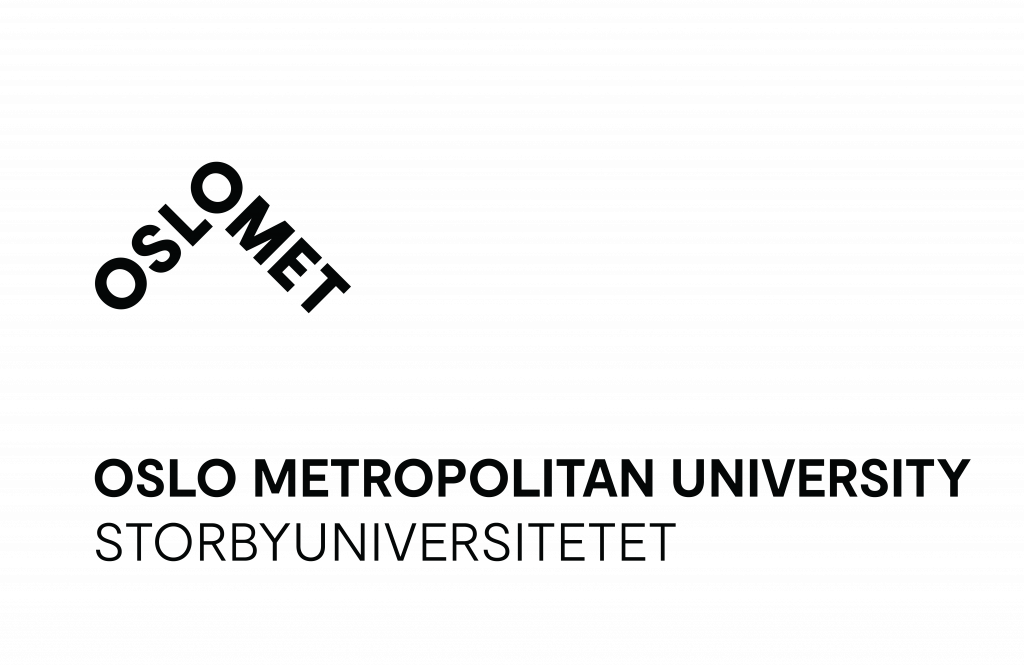
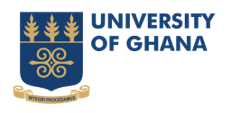
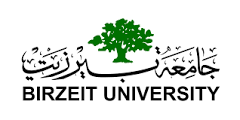
Midwifery and Research and Education Development (MIDRED)‘s main objective is to strengthen the quality and relevance of local midwifery research and education in Ghana and Palestine. With intention of a positive impact on the society through a better qualified and respected midwifery workforce, sustainable quality maternal and newborn health service, evidence-based policies and practice, and knowledge-empowered women.
News
Annual Meeting and Seminar in Istanbul, April 2024
MIDRED held our annual meeting with all partners attending in Istanbul, April 15th, 2024 A seminar for faculty members was held April 16th to 19th The first day started with all PhD students presenting their study followed by Q&A Professor Ellen Blix lecture on The Nordic PhD course and network – an example to follow…
Continue Reading Annual Meeting and Seminar in Istanbul, April 2024
MIDRED’s first study presented at the European Midwifery Association 7th Educational Conference
European Midwifery Association 7th Educational Conference Caroline Badzi, PhD, University of Ghana and Project Manager Berit Mortensen, PhD, Oslo Metropolitan University, presented the preliminary results of our first MIDRED study, at the EMA 7th Educational Conference in Athens. Our Palestinian colleagues were unable to attend because of the ongoing Israeli hostilities against the Palestinians. Background:…
An Academic plea to stop the ongoing Israeli genocidal war against the Palestinian people.
OsloMet’s NORHED-partner in Palestine, Birzeit University have sent this plea to all international academic institutions: Do not be Silent abut Genocide! As NORHED partners in the MIDRED project we request an academic pressure to stop the ongoing Israeli genocide against the Palestinian people. International leaders in power must end this ongoing catastrophe and search for…
First physical seminar for all partners – Oslo, April 17 – 22, 2023
Scolars from University of Ghana, Birzeit University and OsloMet gathering for dinner at Frognerseteren, with Dean at Faculty of Heath Sciences, Gro Jamtvedt and the Palestinian Ambassador Marie Antoinette Seldin
Continue Reading First physical seminar for all partners – Oslo, April 17 – 22, 2023
MIDRED National seminar in Accra, Ghana, 2nd & 3rd of February 2023
School of Nursing and Midwifery, University of Ghana Legon , hosted a successful national interdisiplinary MIDRED seminar with midwives, nurses and doctors from several maternal settings. The seminar’s theme: Improving Maternal and Neonatal Health and Well-being through Midwifery with interdisciplinary Collaboration in Ghana. The Norwegian Ambassador to Ghana, Ingrid Mollestad, Professor Florence Naab, Dean at…
Continue Reading MIDRED National seminar in Accra, Ghana, 2nd & 3rd of February 2023
Annual meeting 2023 – Ghana January 30
MIDRED met in Accra, Ghana for our 3rd annual meeting in 2023 School of Nursing and Midwifery, University of Ghana , Legon (SoNM, UG), hosted MIDRED for our successful hybrid 3rd annual meeting. Joining physically were partners from Oslo Metropolitan University, University of Oslo and University of Dundee. On Zoom particicipants joined from Birzeit University,…

